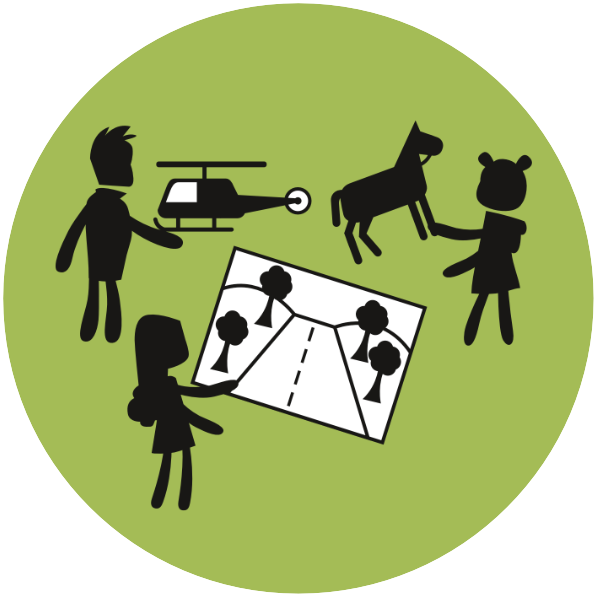
19. Personal Stories
Most people have some personal insights and experiences that relate to the work or project in question, and this method can expand individual perspectives in any school subject. Stories or objects from home or from close family members can be brought to school and become a personal starting point, for example for a history lesson.
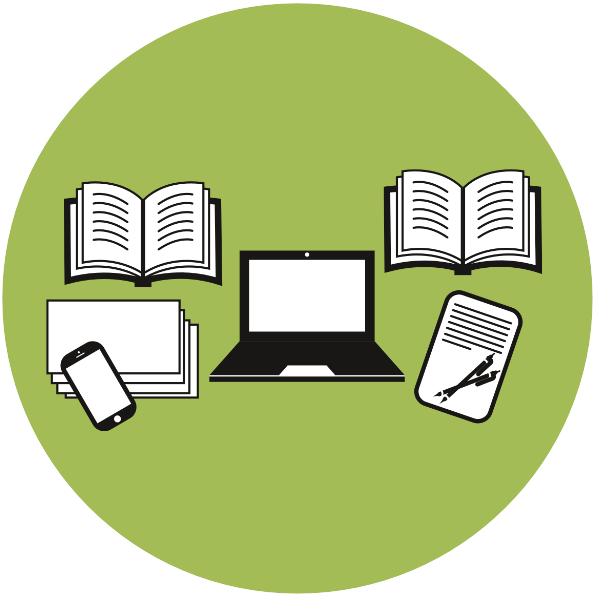
20. Desktop Research
The world is bursting with knowledge, information and inspiration, and most of it is readily available in libraries and on the Internet. Doing desktop research is a way of accessing lots of knowledge very quickly to better understand a challenge at the start of a project.
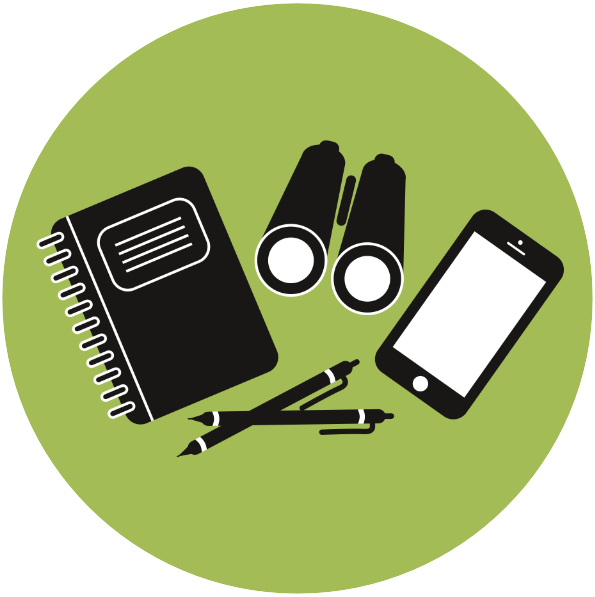
21. The Anthropologist
This method involves going out into the world to experience and observe. It is inspired by how anthropologists study behaviour and culture in a non-judgemental and holistic manner, noting all the different details of how other people live. This is a great inspiration and an important tool when creating solutions to problems or learning about a specific challenge.
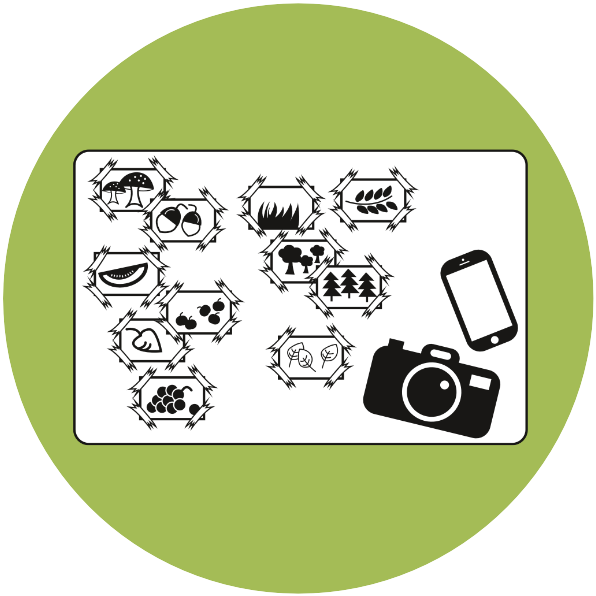
22. The Photographer
This method is very simple, but nonetheless very powerful. Take lots of photos at the relevant site or of things that connect to what you are doing. Print them out and bring them back to school and have them mounted on the wall close to where you are working! Looking at a situation through a camera lens makes you aware of details and aspects of a situation you might not normally notice, and having the photos nearby constantly reminds you of the situation, the context or the challenge in a direct way.
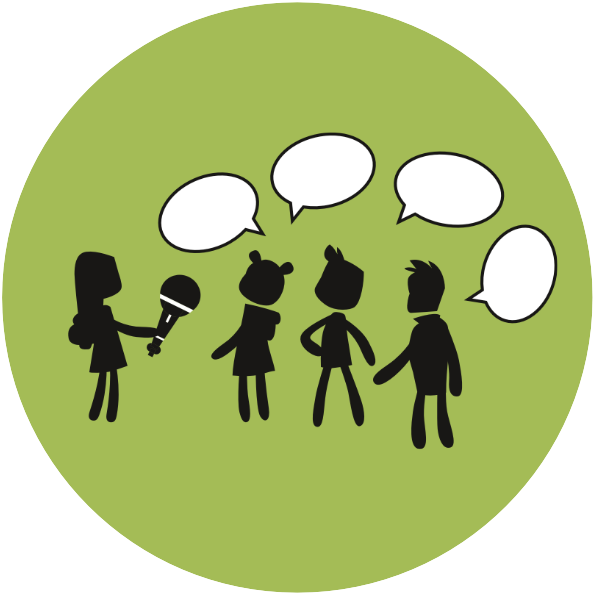
23. The Journalist
We all have a tendency to feel that we know the world and what is true or not, but we may have different opinions and preconceptions that prevent us from really understanding what is going on. This method focuses on getting out of the classroom and talking with people, asking questions or doing longer interviews to gain knowledge, insights and inspiration, and get past one’s own views.
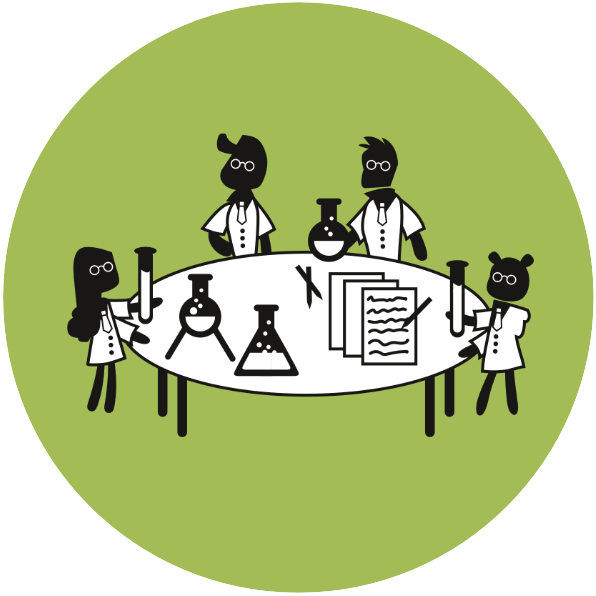
24. The Experiment
Sometimes it is impossible to learn about things by observing or talking, because people are not aware of their own actions or habits. You need to do what scientists do: experiment! They start by having a hunch or forming a hypothesis about something and then they do experiments to learn whether they are right or wrong.
All FUTE project materials are licensed under CC BY-NC-SA 4.0
5C and 6C Models © Anne Katrine Gøtzsche Gelting and Silje K.A. Friis.












